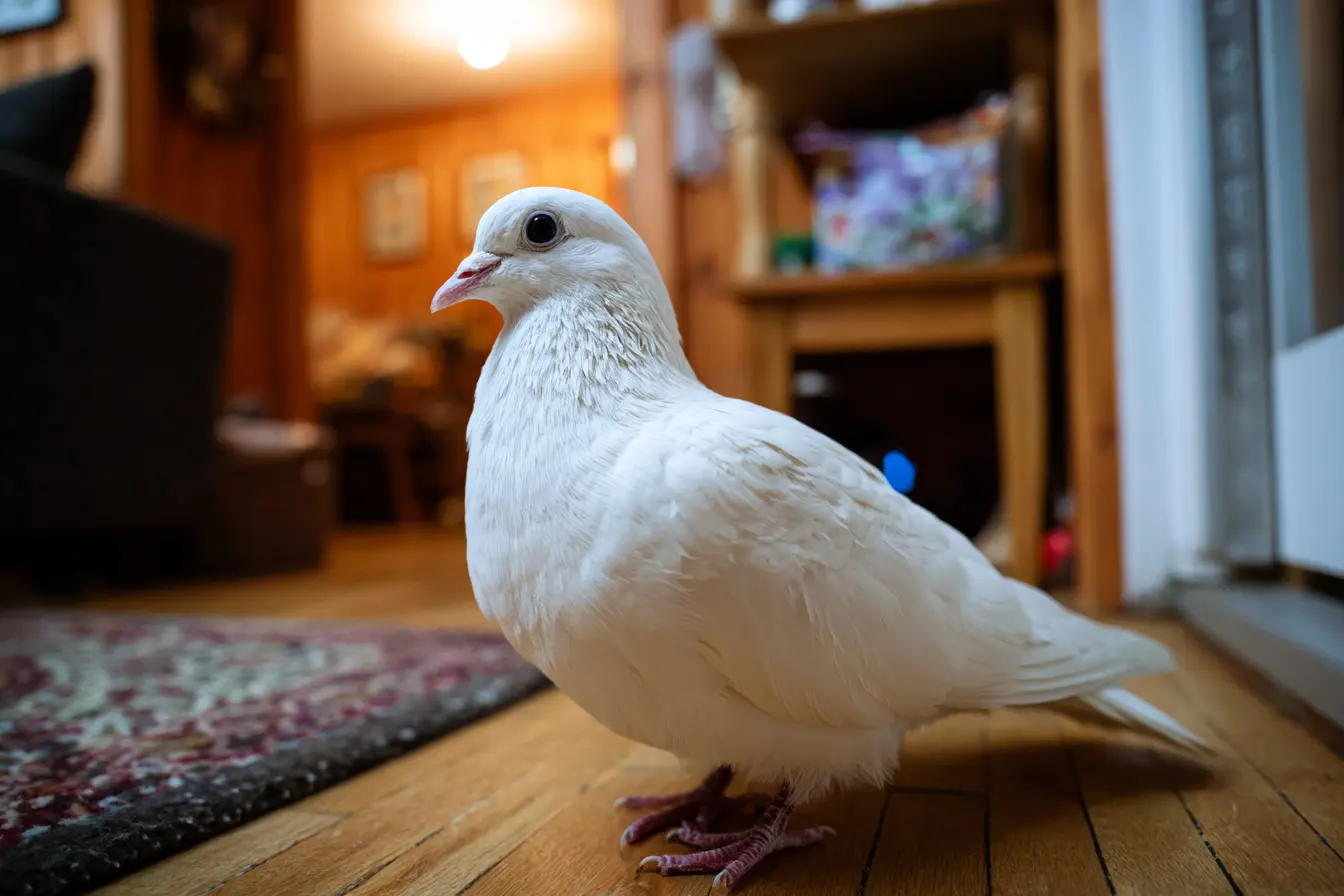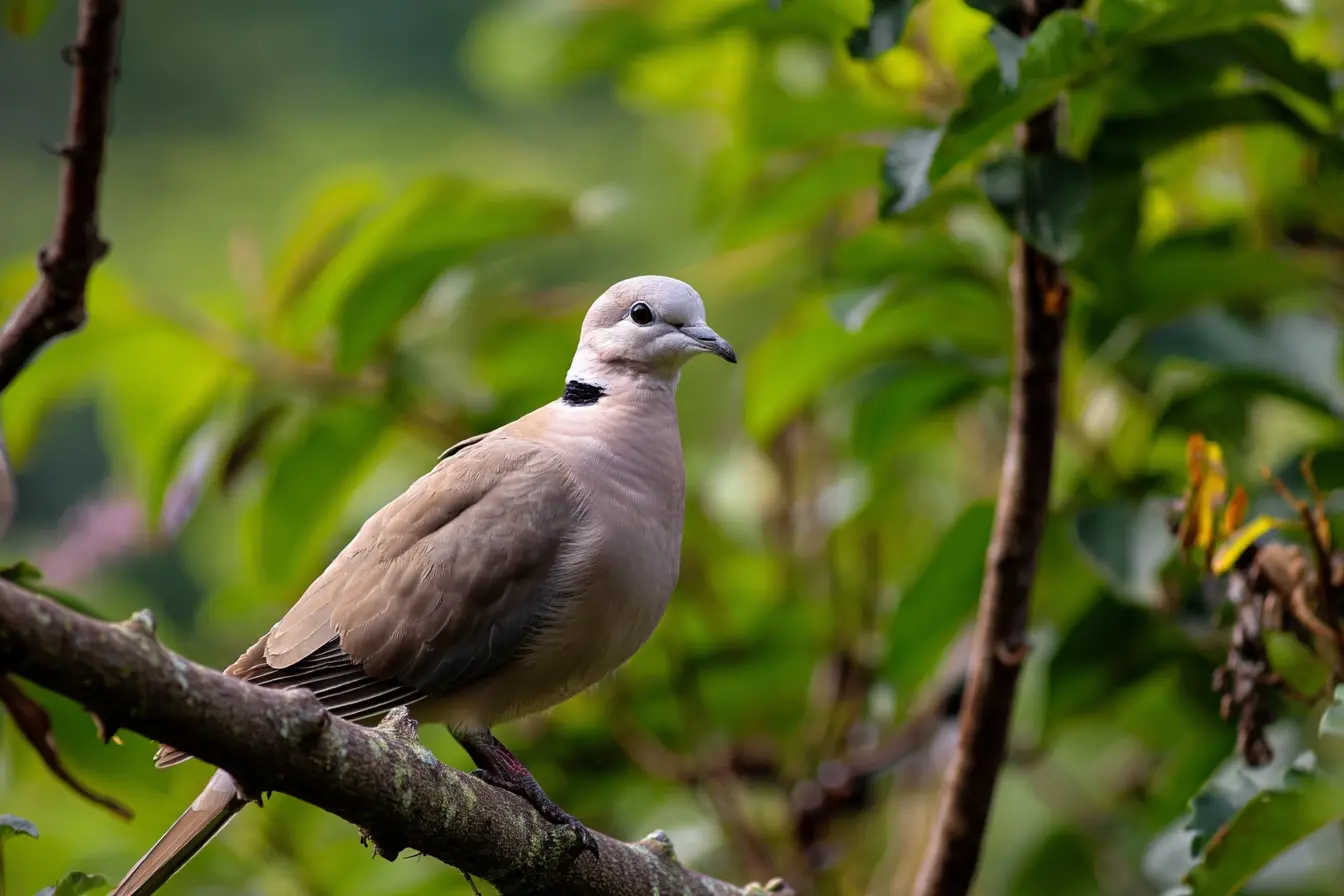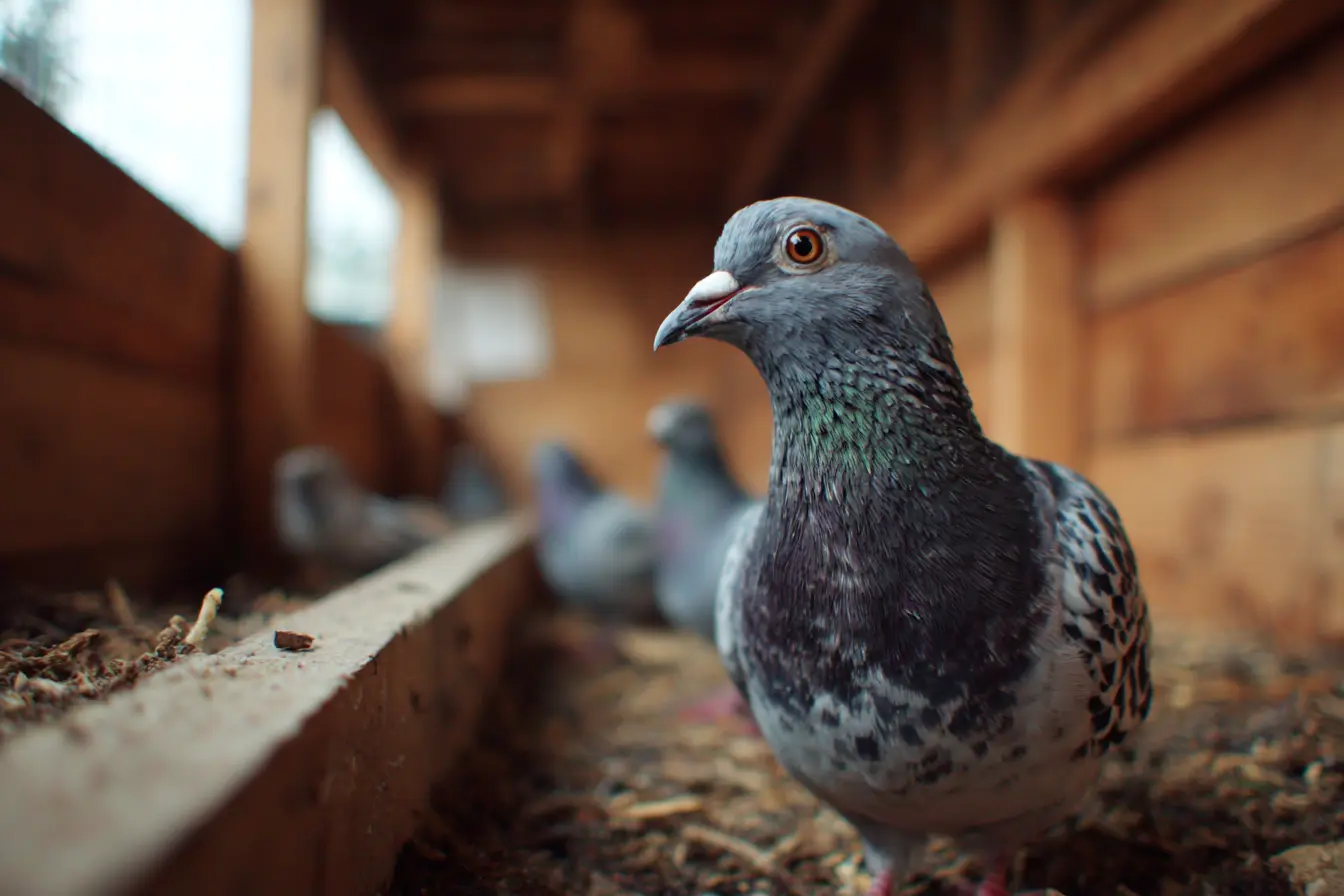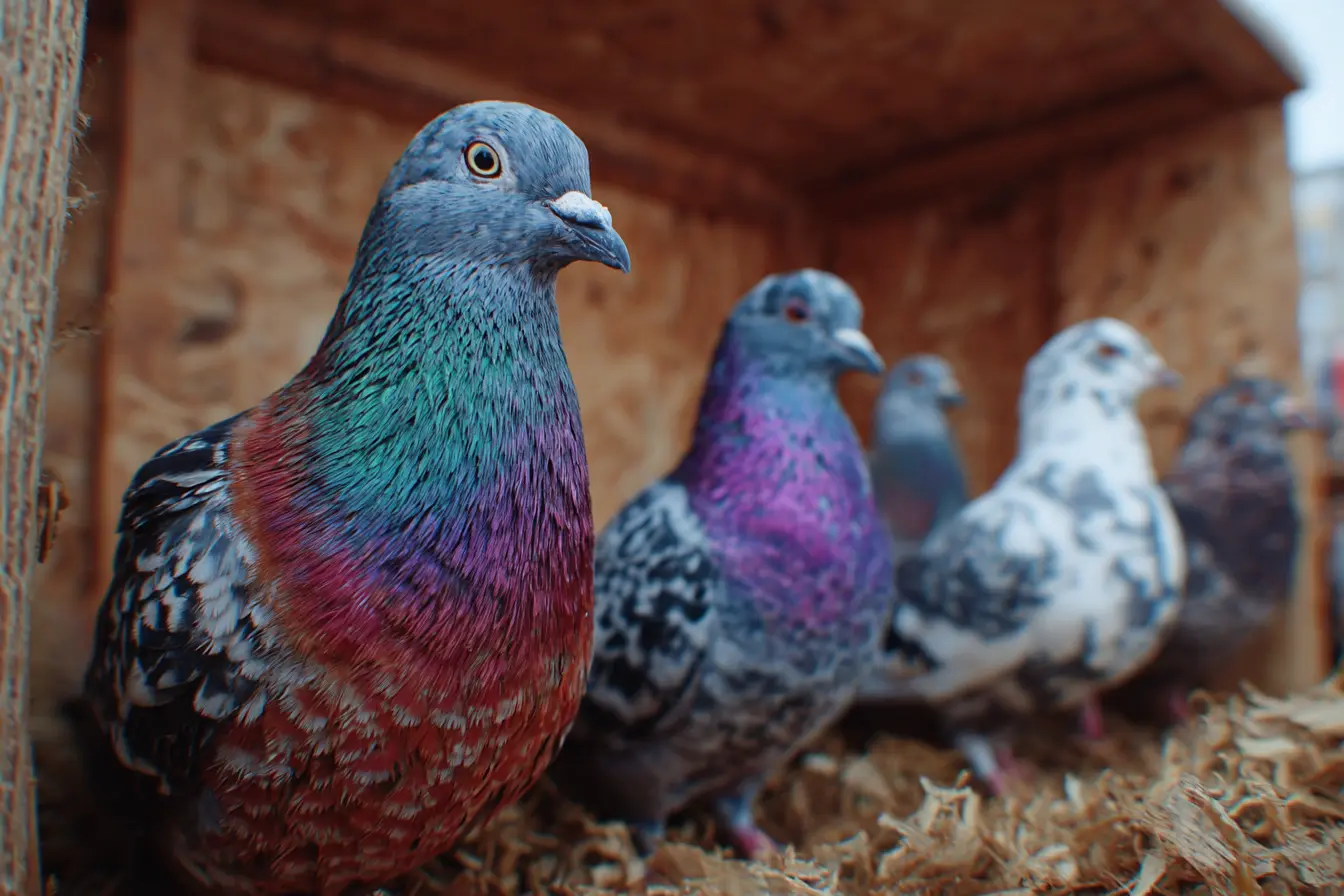
The Ultimate Guide to Owning Doves
Doves, with their gentle nature and soft cooing, have long been symbols of peace, love, and purity. In the UK, they are often kept as ornamental birds, companions, and even as part of special events such as weddings. If you’re thinking of bringing doves into your care, it’s essential to understand their needs so they can live healthy, happy lives.
Choosing Your Dove
Where to Get One
- Breeders: A reputable breeder will provide healthy birds with known background, particularly useful if you are interested in specific breeds like white release doves or ring-neck doves.
- Rescue Centres: Many doves in need of a home are available through rescues, often due to abandonment or injury.
- Bird Clubs: Local avian clubs can connect you with dove keepers and may have birds available for rehoming.
What to Look For
- Condition: Healthy doves will have clean, glossy feathers and bright, clear eyes.
- Behaviour: They should be alert and curious, responding to sounds and movement.
- Posture: A strong stance and smooth, balanced movements indicate good health.
Setting Up Your Dove’s Home
Housing Requirements
- Aviary Size: A spacious enclosure is important. Aim for at least 2 cubic feet per bird, with plenty of room for short flights.
- Location: Choose a quiet, sheltered area with good ventilation, away from draughts and direct predators.
- Safety: Secure wire mesh and solid doors protect your doves from harm.
Essentials
- Perches: Offer a variety of sturdy perches at different heights.
- Nest Boxes: Provide enclosed spaces for breeding pairs or resting.
- Feeders and Waterers: Keep them clean and positioned where birds feel safe feeding.
Nutrition
Daily Diet
- Seeds and Grains: A balanced mix of millet, canary seed, wheat, and safflower is ideal.
- Grit: Essential for digestion. Both soluble (calcium-rich) and insoluble grit should be available.
- Fresh Vegetables: Offer chopped leafy greens such as kale, spinach, or dandelion leaves.
Foods to Avoid
- Never feed doves salty, sugary, or processed foods.
- Avoid mouldy or spoiled seed mixes.
Health and Maintenance
Vet Care
- Choose an avian veterinarian with experience in treating doves.
- Annual check-ups and prompt treatment of any illness are key to longevity.
Signs of Illness
- Fluffed-up feathers, reduced activity, wheezing, or changes in droppings may indicate problems.
Daily Care
- Cleaning: Remove droppings and soiled bedding regularly to reduce disease risk.
- Fresh Water: Replace daily to ensure good hydration.
- Bathing: Provide a shallow dish for bathing once or twice a week.
Social Interaction and Training
Bonding with Doves
- With gentle handling and patience, doves can become calm and trusting.
- Hand-feeding small treats can help strengthen your bond.
Training
- While doves aren’t homing birds like pigeons, they can be trained to return to a familiar aviary and to be comfortable around humans.
- Short, regular sessions help them adapt to handling and new environments.
Conclusion
Owning doves is a peaceful and rewarding experience. With the right housing, nutrition, and care, they will thrive and bring a sense of calm and beauty to your home or garden. Whether you admire them for their symbolism, soft calls, or gentle presence, doves make graceful and endearing companions.
Vets near you
Speciality vets
- Aquatics vet specialists
- Birds vet specialists
- Camelids vet specialists
- Cats vet specialists
- Cattle vet specialists
- Deer vet specialists
- Dogs vet specialists
- Equines vet specialists
- Exotic vet specialists
- Goats vet specialists
- Pigs vet specialists
- Poultry vet specialists
- Sheep vet specialists
- Small Mammals vet specialists
- Wild vet specialists
Vet facilities
- Accessible by public transport
- Blood testing
- Car park nearby
- Client car park
- Dentistry
- Diagnostic imaging
- Disabled public access
- Flea and worm treatments
- Microchipping
- Mobile services
- Neutering
- Open at weekends
- Out-of-hours service
- Referral interests
- Referrals only
- Street parking outside
- Toilets available
- Vaccinations



